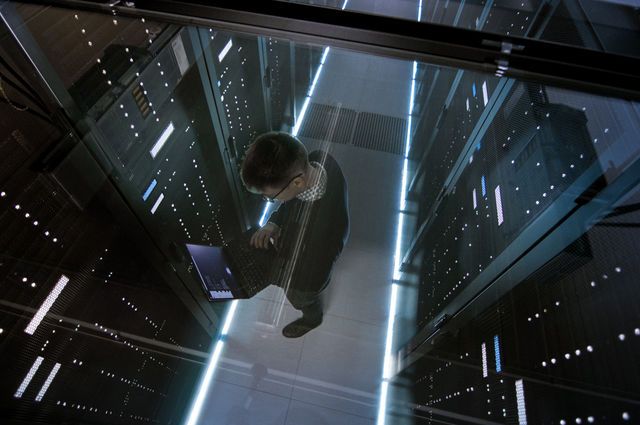Where does the PMS sit in the new technology stack?
21 experts shared their view
When it comes to hotel tech, we may all agree that PMSs are at the top of the food chain. It's semantically already in the name itself: a PMS is the SYSTEM used to MANAGE your PROPERTY. This gives the software connotations of centrality in operations. However, a new wave of leaner systems is rising: PMSs are becoming "hubs" rather than all-in-one solutions, using open APIs to allow users to plug in other software and tools as needed. These systems are less about "managing the property," and more about integrating third-party software.
In this environment, where do PMSs sit in one's tech stack? Is the classic notion of PMS outdated? Will the future of hotel tech be less reliant on PMSs as we know them?

This World Panel Viewpoint is sponsored by Agilysys, Inc.
More information
As the founders of “unburdened hospitality”, I don't ever see a one size fits all approach to hospitality, or hospitality-tech, working for a marketplace as diverse as ours. Today, hospitality tech stack options range from hotel-in-a-box solutions that promise a full-suite of functionality in one application all the way to traditional “OS” type solutions which simply orchestrate the functionality of multiple applications cobbled together to operate a property. In theory your PMS today can do everything, or it can do nothing, but facilitate everything.
In reality, the future of the PMS is as the “heart” of a hotel's tech stack, providing the most critical functions of the hotel, and being the organ through which all other functions are centralized and recirculated to staff, guests, and owners alike. We use the word “heart” instead of “hub” because the PMS is more than just a liminal holding space for data 一 it's the central organ on which all other platforms in the ecosystem depend.
Success in the post-pandemic hospitality market will be determined by technology's ability to deliver unburdened flexibility to hotels: Flexibility to capitalize on new technology and overcome new challenges, flexibility to future-proof and scale your business, and most importantly, flexibility to implement your brand's unique version of the ideal guest experience.
This level of flexibility simply cannot be achieved with a single application 一 or even a “walled garden” of several applications under one corporate umbrella. Even something as simple as mobile check-in requires the seamless integration of at least four different applications: A mobile PMS, a contactless payment gateway, a keyless entry system, and a platform for mobile guest messaging. Each one of these applications will present hotels with advantages and disadvantages for their business model and brand. That's why it's so crucial to have a PMS that is highly capable, highly functional, but also highly customizable. To achieve the final objective, a PMS must be both a highly functioning core-application and a robust platform based on an open-API architecture that allows for the seamless integration of third-party applications to maximize specialization in critical areas for those hotels that require an enhanced level of functionality without sacrificing seamless performance.
Just like a strong heart, an unburdened and flexible PMS will deliver positive ripple effects throughout your tech stack. For example, enhancing your open-APIs with powerful and simplified web hooks will increase both the efficiency and accuracy of your data exchange, leading to more personalized and effective digital touchpoints and guest interactions. A PMS with mobile guest check-in and robust automation can leverage these touch points by sending targeted offers for room upgrades, amenities, and monetized early check-in/ late check-out directly to your guests' smartphones 一earning valuable ancillary revenue in the process. The PMS of the future isn't just a property management system, it's equally a property monetization system.
A PMS with built-in mobile and kiosk-based check-in can let you break free from the front desk, and reimagine your lobby as a guest-centric space for dining, socializing and working. Hotels can take this concept even further with a PMS that can process hourly reservations, delivering monetized co-working space for remote workers, day use rooms for layover travelers, or golf and spa reservations for guests looking to get away for an afternoon.
While the “classic” PMS operating on desktop computers and powered by in-house servers has been outdated for many years, mobile & native-cloud PMS systems add tremendous value in their ability to both serve the critical functions of hotel operations while also enhancing connectivity of varying specialized solutions. In the evolving post-pandemic era, customers will be returning to travel with a vengeance, and will stay at properties that offer a unique and exceptional guest experience. Hotels that invest in a PMS which is fast, reliable, scalable, flexible, and customizable will be in the best position to succeed in this emerging environment.

This World Panel Viewpoint is sponsored by Agilysys, Inc.
More information



